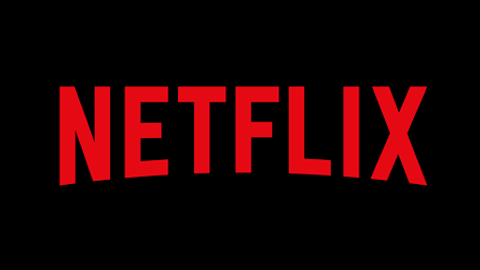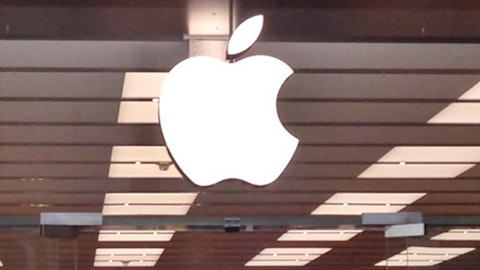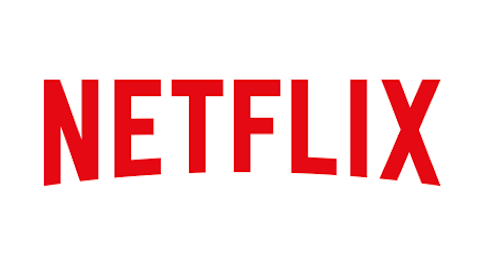Ted Sarandos, Chief Content Officer, Netflix, Inc. (NASDAQ:NFLX)
I guess Rich will have a big take on it, whatever that is. Interesting anyway.
Mark Mahaney, RBC
David let me bring you back in the conversation. You talked about generating material global profits than expected but you also talked about a billion dollar debt raise, so kind of square those comments a little bit and in the timing of the debt raise, when you would expect then and why you would choose that versus equity?
David Wells, CFO, Netflix, Inc.
Sure, Mark. I think in terms of profits earlier than expected, it’s more than we have clear line of sight, in terms of rolling out the rest of our international expansion. So, we mentioned that in a couple of years of heavy investment, I think that is going to drive capital needs which then leads into the conversation around the capital. And we think right now is still a good time to secure long-term, low-cost capital in the debt market and that is why we’ve chosen debt. It’s what we’ve done in the prior three years actually, we’ve done a raise every year.
Mark Mahaney, RBC
And I think your points have been that the purpose for the capital raise is largely to fund international expansion, just one check, if that’s through it, and then secondly, there is a little commentary in here about expanding into China modestly. I am not sure what a modest expansion in China is. Sounds like it could be expensive. Are there particular limits you’re going to put on that?
David Wells, CFO, Netflix, Inc.
It will be quite modest. I can let others speak to that as well. Basically, the incremental cost to launch in the rest of the globe is smaller relative to the individual customized launches that we’ve done to-date in these other territories. So you’ll see the level of investment for the countries that we’ve talked about and the countries we will talk about in ’15 be a little bit higher than the level of investment going forward for basically the countries that we haven’t yet launched in.
And back to your cash comment, it’s really tough to separate the cash — when you have capital in a business and use $1 in content and $1 to find international expansion. It is really tough to sort of separate those things. Both of those things right now are requiring cash for Netflix. The international mainly because it reduces a dollar of profit that we would otherwise have and the content because we’ve chosen to produce more and more of our own content, and that means we have to fund the production which has slightly more upfront characteristics than a licensing model where we pay a little bit more out over the life of the deal.
You’re not in markets like Japan — when you look at India, when you look at South Korea — those would seem like very expensive markets to enter from just a content build-up. What’s the disconnect there?
Reed Hastings, CEO, Netflix, Inc. (NASDAQ:NFLX)
Let’s go back to China and then we’ll sit that. So, Mark, on China, what we said in the letter is that we’re exploring options. So, we need to get a license, that’s not a 100% clear that we will be able to do that. So, we’re figuring that out. What we said is, if we go, it will be a modest investment because we won’t have that much content, we are going to be very conscious, and fewer away along into that process if we ever get that license.
And the to Rich’s question, yes, there’s many other high GDP markets — GDP per capita — like South Korea and Japan. Those are big invest–




